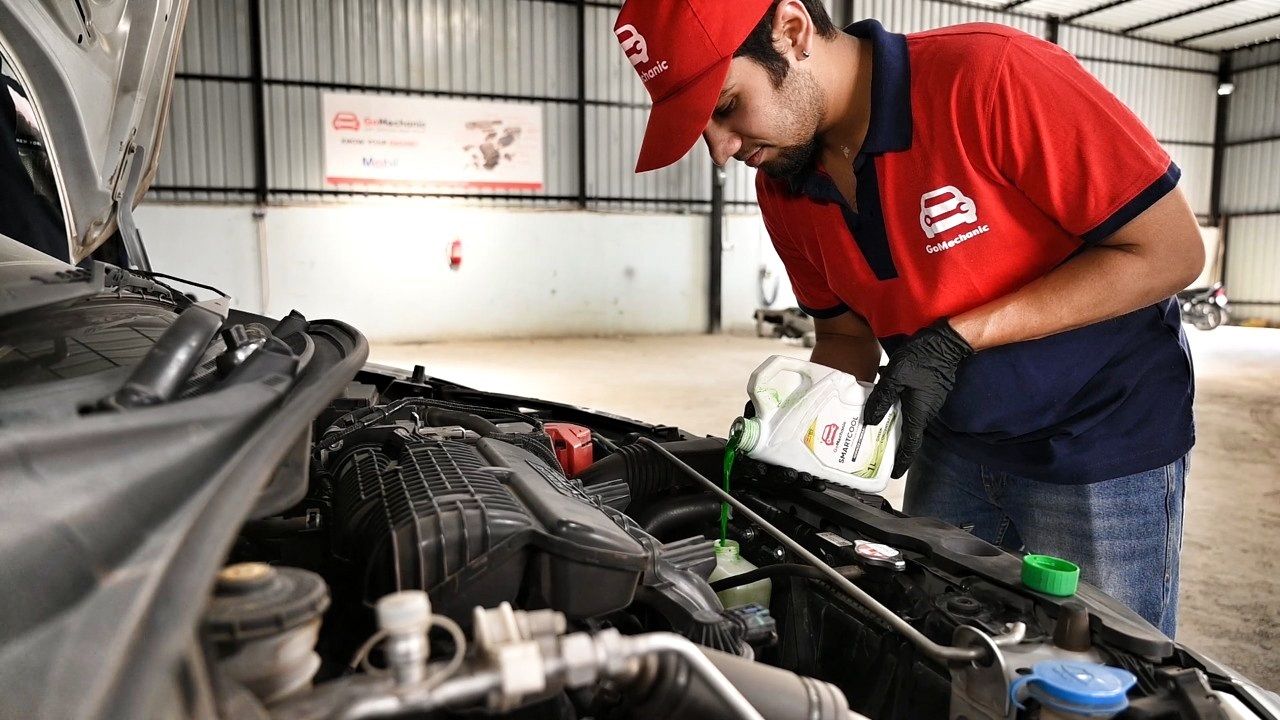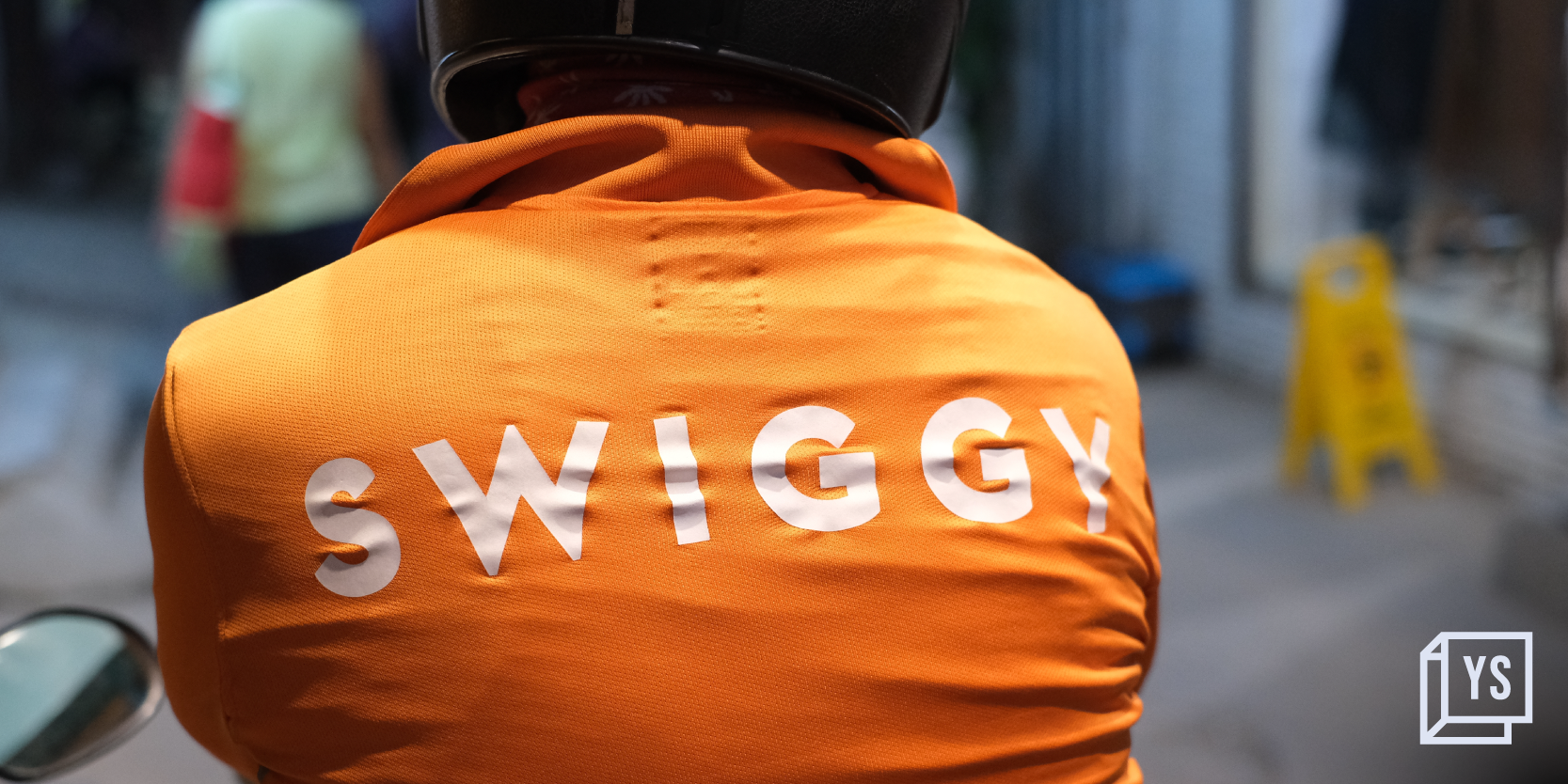'Viral is a negative word, we want to create content which can be shared.' - The Culture Machine Story
As you subconsciously go about scrolling through your timeline, you might not realise just how used to stopping to watch auto-playing videos you have become. Just as we were getting accustomed to viral memes and vines, videos arrived in a big way. The impact has been most significant in the case of millennials, who are looking at video as their go-to medium to educate and inform.
As per Forrester Research, a minute of video is worth 1.8 million words of text. From $720 million in 2013 to $1.5 billion in 2015, the video market continues to grow rapidly. Riding high on this wave is Culture Machine (CM), a digital media company founded in 2013 by Sameer Pitalwalla and Venkat Prasad.
Is That You? | #ChangeTheRhyme, a campaign by one of Culture Machine’s most popular channels, BLUSH, recently garnered over 4.5 million views within weeks of its release. Other viral videos from the Culture Machine stable include Enna Da Rascalas’ South of India with 1.9 million views and the hugely popular Respect for Women ad for client Havells. The founders are concerned about making content that can be shared, as opposed to making things viral.
'Viral’ is a negative word. It is not as much about going viral as it is about making something which is shareable. We focus on things that our audiences can share and there is a formula to arrive upon what they want,
says Sameer.
Sameer, former director of video and celebrity at Disney India, and Venkat, former product manager at YouTube, met at Vidcon 2011 through a common friend and got talking about how the video ecosystem was going to evolve. They both wanted to capitalise on this evolution, and thus was born Culture Machine. While Sameer runs the media side of the business, Venkat looks at technology.
Before starting Culture Machine, Sameer had been at the helm of building many brands’ digital video businesses, and brought his media expertise to the table in this new venture. Venkat, on the other hand, came in with the tech and financial expertise he had gained working with brands such as Google and YouTube over the years.
Venkat and Sameer are like yin and yang; Venkat’s technology and operations ability and Sameer’s marketing, sales, and content understanding is a winning combination.
says Gautam Patel, MD, Zodius Capital.

Marrying content and tech
Culture Machine is a digital media company which uses its proprietary technology, Intelligence Machine, to trawl through online videos, index them, and gather details based on viewer preferences. Armed with this data, Culture Machine guides its clients on what’s trending in the fast changing internet landscape.
Intelligence Machine is one of the largest big data platforms for online content in Asia,
says Venkat.
Along with gauging and analysing what is working, Culture Machine also helps create original content. ‘Video Machine, its proprietary software, can produce videos in different formats including displaying images with music, using typography, and simultaneously releasing them on social media and video hosting sites.
The majority of the 250-member team sits at the company headquarters in Mumbai, while the rest of it is spread in cities such as Pune (the engineering base), Chennai, and Delhi. Culture Machine also has sales teams in Los Angeles and the UK.
Singapore-based VC firm Zodius Capital was the first to realise Culture Machine’s potential and pumped in Series-A funding of $ 3.5 million within a year of the company beginning operations. The startup’s board of advisors includes Shishir Mehrotra, former vice-president of product at YouTube, Dean Gilbert, global head of content operations at YouTube, and Nickhil Jakatdar, CEO of independent mobile video platform Vuclip.
As a part of our investment thesis, we concurred that the 15–40–year-old demographic is spending less time watching television and more time on their mobile phones watching videos on social media. We believe Culture Machine is building a web equivalent of what the Star Network built on television. We did not want to back a content company; we wanted to back a team that works on both technology content and analysis. In the digital medium you have a one-on-one interaction with your audiences and Culture Machine fits the bill perfectly,
says Gautam Patel, speaking of the deal.
In January 2015, the company raised $18 million in its second round of funding from Tiger Global Management, Zodius Capital, and Times Internet, a majority of which was allocated towards strengthening its technology solutions and creating content. It also marked Tiger’s first investment in the space. At the time of the deal, Lee Fixel, Partner at Tiger Global Management, had justified the investment talking about how CM had built a world-class technology platform and the largest creator network in the country.
Multiple revenue streams
Culture Machine currently runs 240 YouTube channels out of which eight are self-owned, and its videos cumulatively clock about 640 million views a month with about 1.5 billion watch minutes. About 70–75 percent of this traffic comes from mobile.
Apart from ads on YouTube, a major source of revenue for the company is through data intelligence on video consumption trends. Culture Machine works with top brands such as Microsoft, P&G, Johnson & Johnson, Unilever, Havells, Tata Motors, Fox Star Studios, and SABMiller India, among many others.
CM has worked with us to create one of our best digital content-marketing pieces called The Indian Entrepreneur for our flagship brand Haywards 5000. The experience was absolutely fantastic, right from the brief to the output. What sets CM apart from the rest is their ability to first understand the client’s business, the challenges and the ecosystem within which clients operate before curating content solutions,
says Shitij Jain, General Manager (Head) — Innovations & Digital Marketing | SABMiller India
Culture Machine also recently acquired popular youth Telugu channel Viva in a bid to strengthen the content creation space in South India. Along with providing data intelligence to brands, Culture Machine also identifies potential YouTube artistes who have amassed a sizeable number of followers on their dedicated channels. These artistes are provided with real-time intelligence for them to know what is working with the internet audience, and adjust their content accordingly.
It’s been over a year of signing up with Culture Machine and our reach has grown significantly. The insights are helping us produce content that our target audience wants to see and we definitely want to continue our association further,
says Shrey Chhabra of Old Delhi Films, a YouTube channel which creates fun videos on trending topics mainly targeting the millennial population.
However, Culture Machine’s relationship with some of its individual content contributors has not exactly been hunky dory, with a few even going on record to say they never benefited from associating with the brand. But Sameer disagrees.
The proof of the pudding is in the eating. All our self-owned channels are continuing to do well and getting some of the highest number of views in their respective categories. If individual contributors are ready to form an amicable alliance, we are more than welcoming and there are several examples of how many people have actually benefited. That said, our main focus is towards building our own channels.
What’s happening in the space?
Major players in the space include Nirvana Digital, Qyuki, Pepper Media, Ping Digital, #fame, and One Digital Entertainment, among others. Nirvana Digital has an assortment of 200 YouTube channels and over 50,000 videos and distributes its content to video platforms like Hulu, Amazon VOD, and Apple’s iTunes mobile apps and devices.
Qyuki is YouTube certified and backed by stalwarts like Shekhar Kapur, AR Rahman, and Samir Bangara. Ping Digital is one of India’s largest food networks with over 1,000 food videos. #fame, previously Famebox, raised its second round of funding of $10 million in January 2015 from existing investor and stakeholder digital media firm To The New Ventures (TTN Ventures). The firm had previously secured $3 million from TTN in a seed round.
The mass popularity of standalone channels like All India Bakchod (AIB) and The Viral Fever (TVF) also reinstates the power of video. It is interesting to note that Tiger Global also invested $10 million in TVF early this year. However, Culture Machine doesn’t really think of them as competition.
There will always be a bunch of boutiques which will specialise in a particular type of content. It is extremely difficult to build something which can achieve national scale with multiple channels the way Culture Machine has,
says Sameer.
While major advertisers in the West were looking at advertising on the web in comparison to television for mega events like Super Bowl Sunday, things leaned towards the more conventional mediums of advertising in India until recently. However, things have changed in a big way and India looks poised for a video boom.
The approximately Rs 20,000-crore budget in India was not going anywhere else because television was cutting across language barriers, but with videos, social media is capable of doing just that,
says Gautam, speaking of the potential in the video space. He adds,
Investors are looking for players who are building content that can scale and the only way to build it is through analytics and technology.











